Material Conversations
About the project
A workshop with Beyond Sight Loss, a self-help group of people who are vision impaired and volunteers meeting regularly in the London Borough of Tower Hamlets, began the investigations of the project team into what it means to touch something, to understand materials through touch, and how touch and sound helps us to navigate and understand the objects and environments that surround us. This has added resonance in recent times when the pandemic has removed many opportunities to touch.
Participants shared their responses to materials, and to sounds, sharing enthusiastically their reactions and the memories the stimuli evoked. These stories revealed an insight into the manner in which environments and different materials can offer spatial understanding. The project team began to explore questions such as how we relate to materials, what touch means if it is mediated between the skin and one or more materials, how the visual understanding of a material can belie its characteristics and in different ways, for example weight, surface texture and malleability. A further key topic explored the connection between sound and touch, relating to the tools used by blind or visually impaired people to navigate different spaces. All this information has fed into the creation of artwork that acknowledges relationships between touch, sound, sight and space that will be presented in the Trellis public exhibition.
The exhibition comprises a collection of materials, some shaped into disks, that can be touched and placed on a turntable to be “played” with different stylus, such as a sewing needle or a paintbrush. Using a highly sensitive binaural microphone, the resulting sounds of one material touching another, have been captured. There will also be a collection of prints created by touching the materials to paper in various ways.
With grateful thanks to the members of Beyond Sight Loss, Hassina Khan, Nick Ilott, Simon Keep and John French.
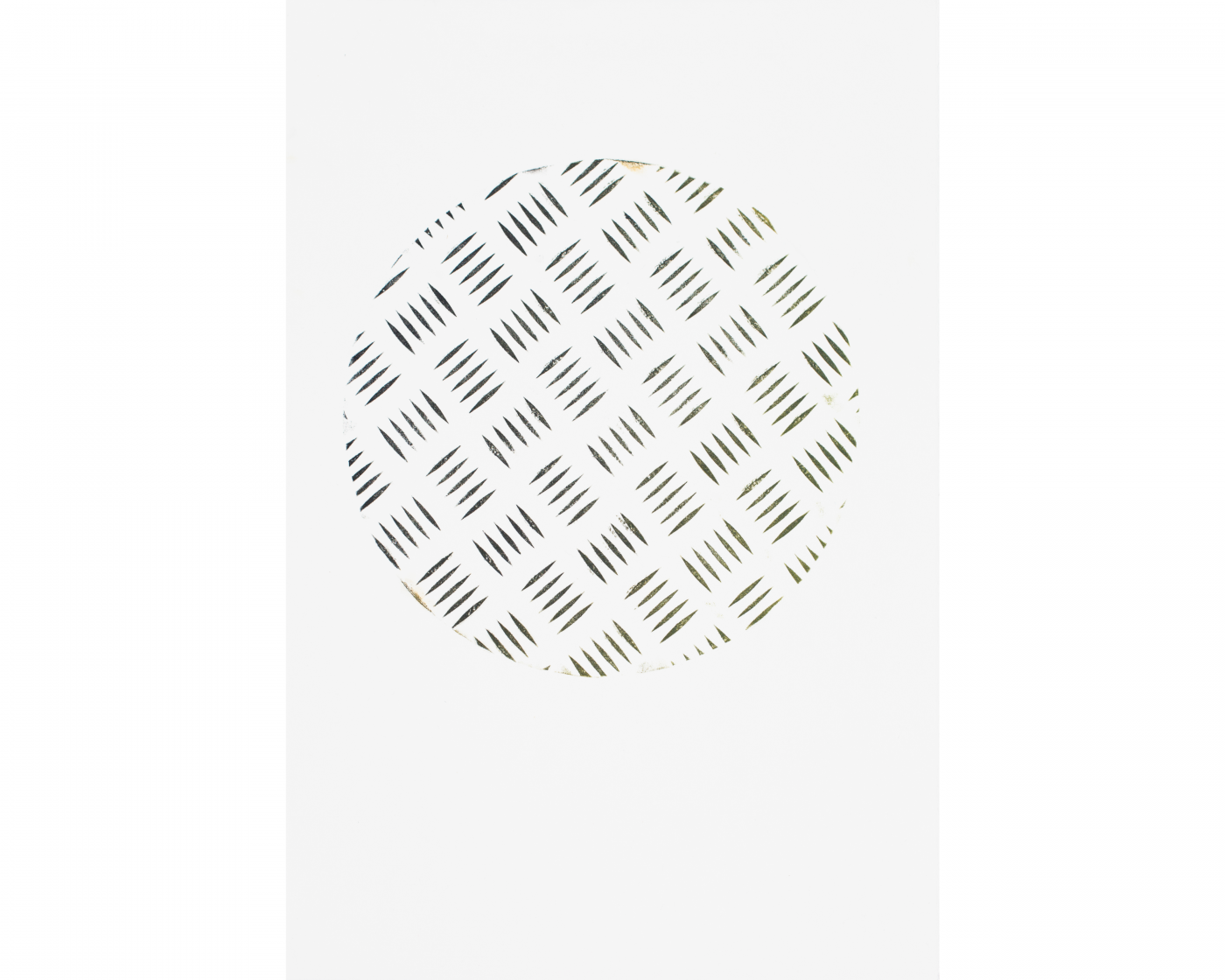
Material Conversations: Disc 1, 2022
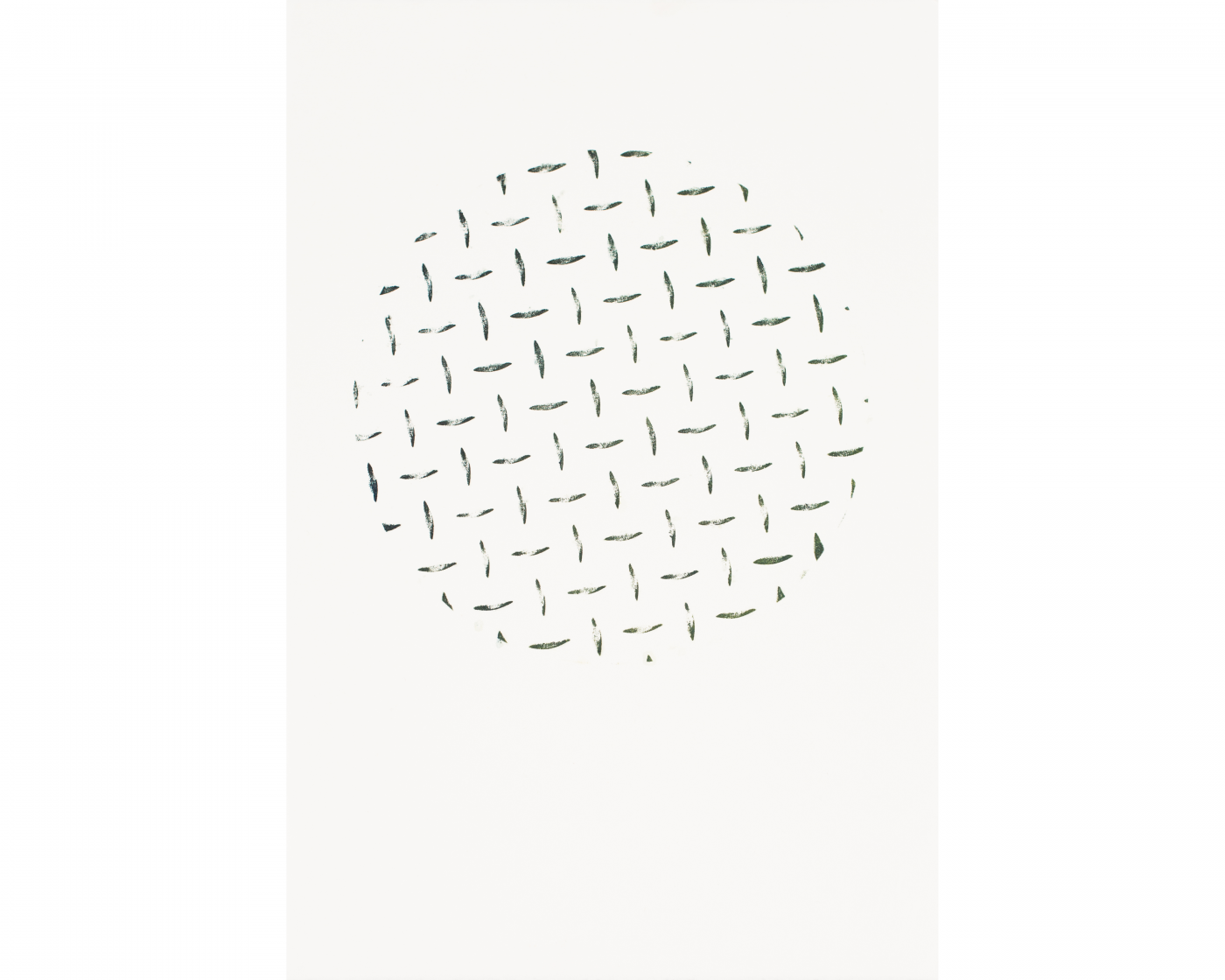
Material Conversations: Disc 2, 2022
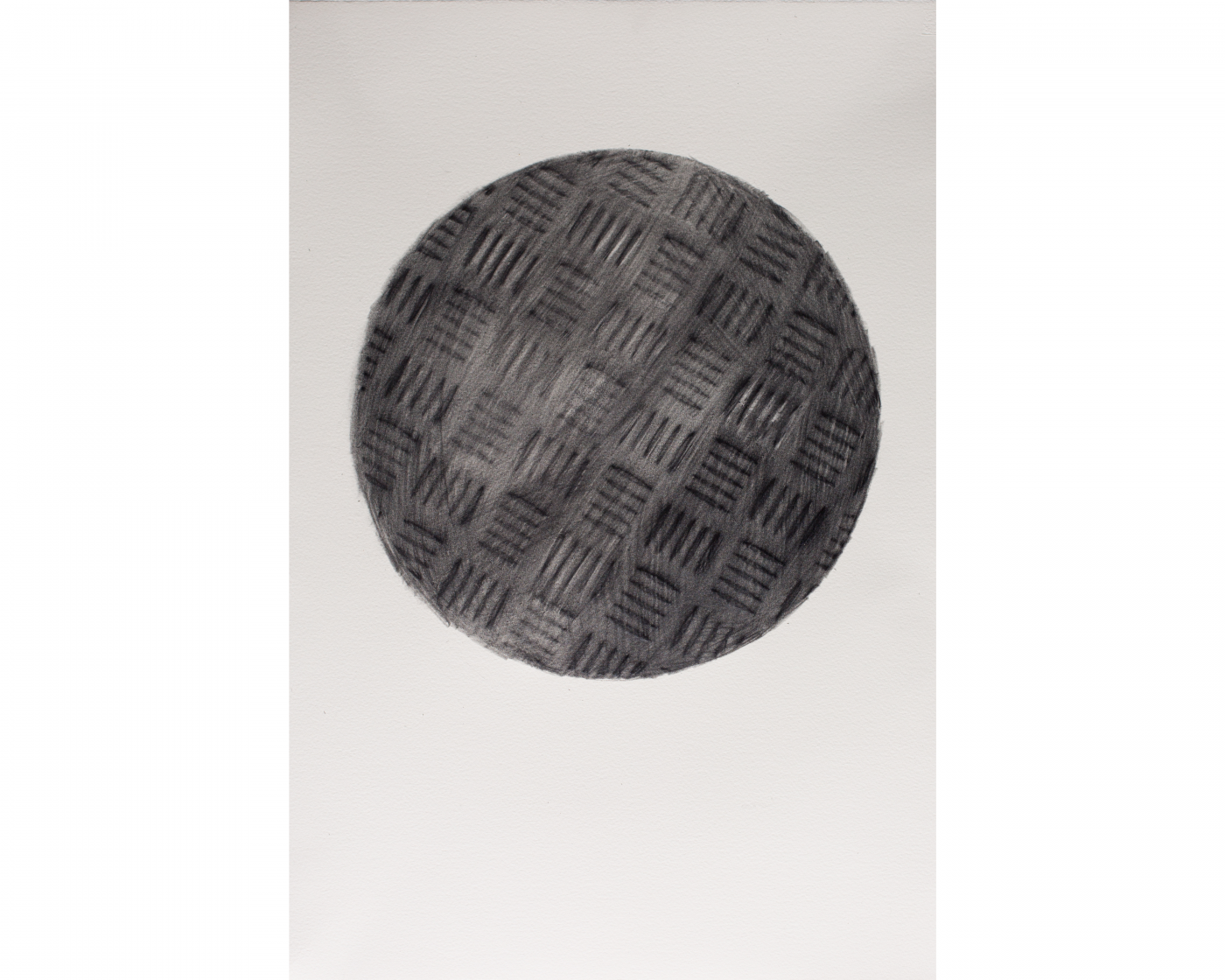
Material Conversations: Disc 13, 2022
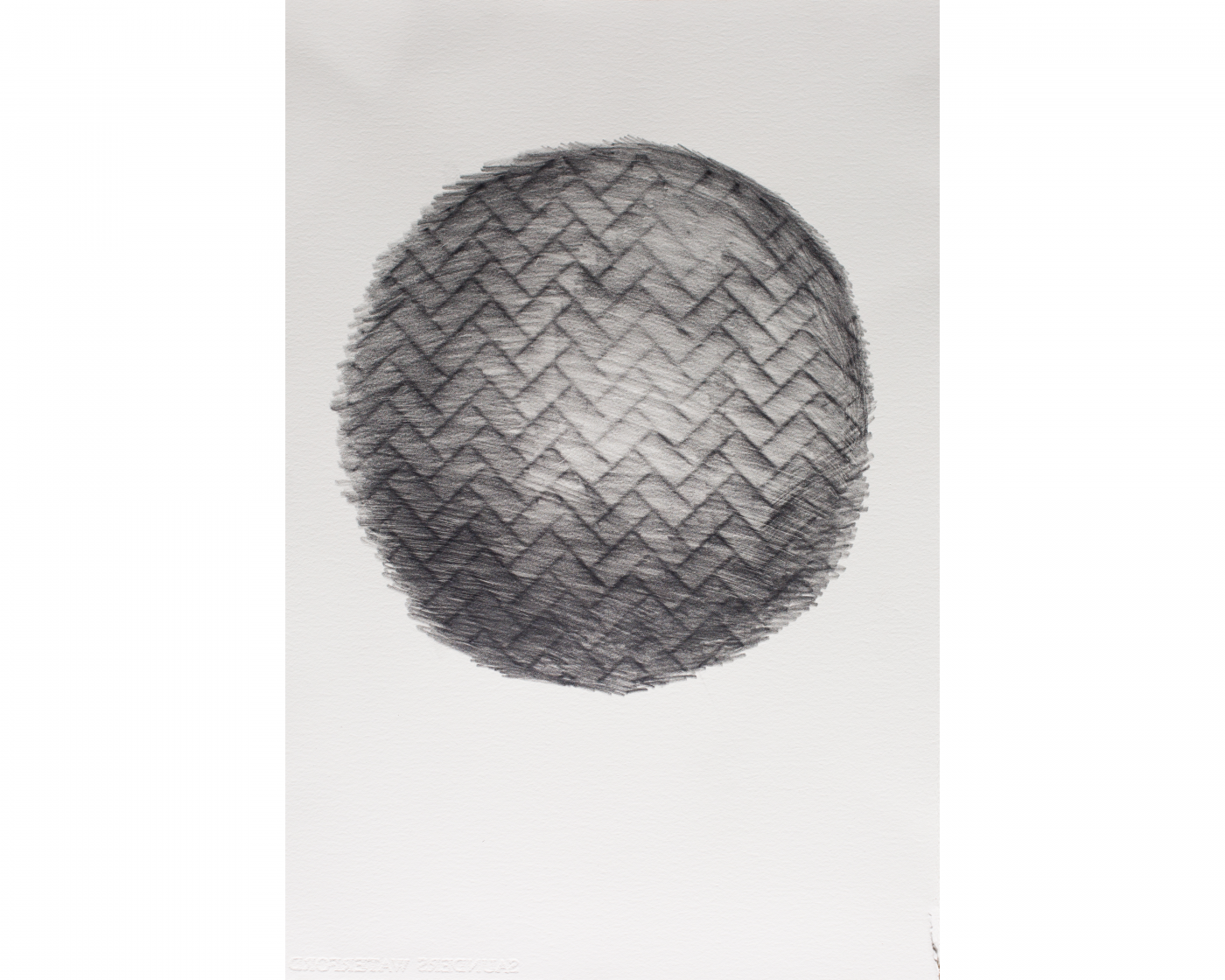
Material Conversations: Disc 14, 2022
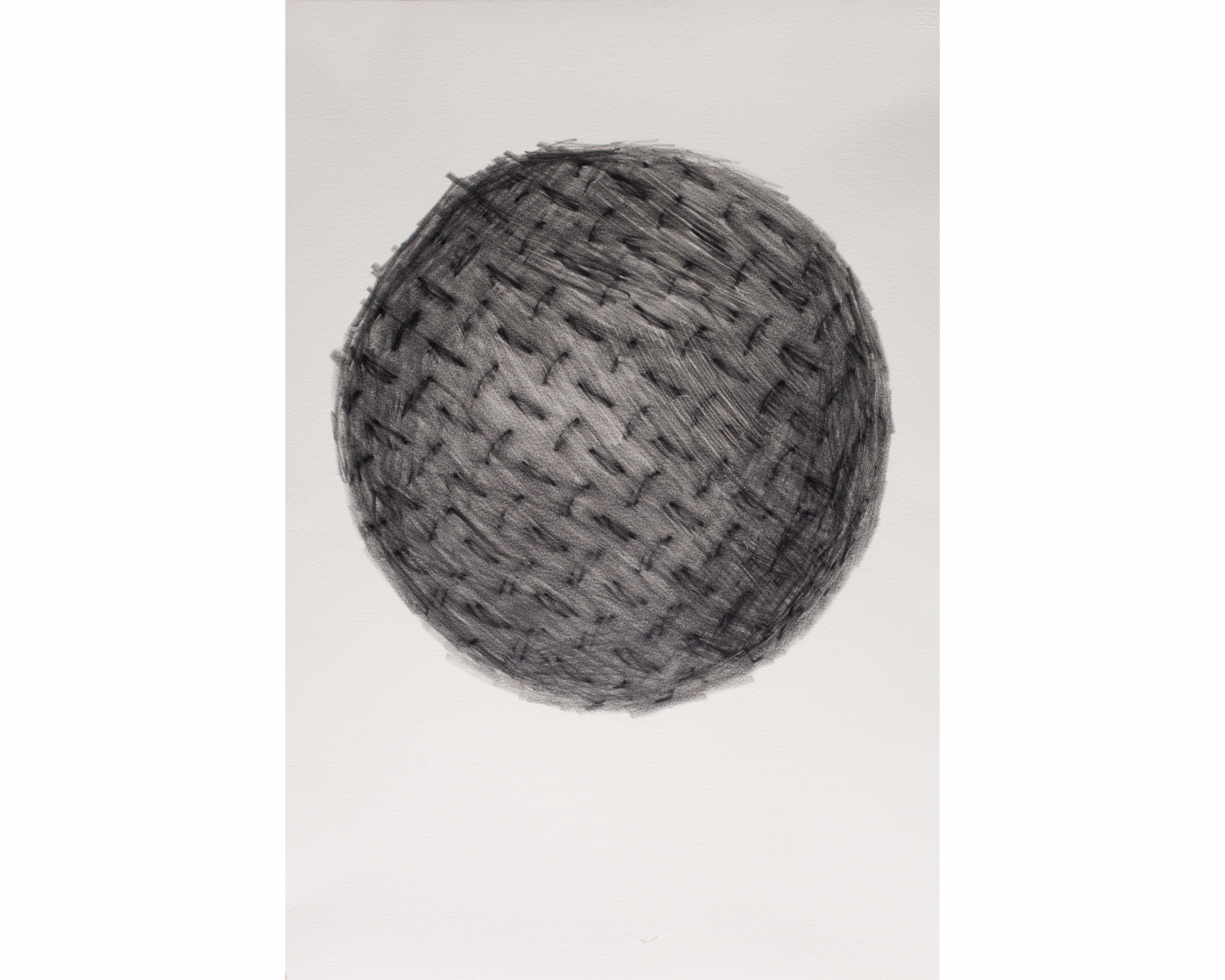
Material Conversations: Disc 15, 2022
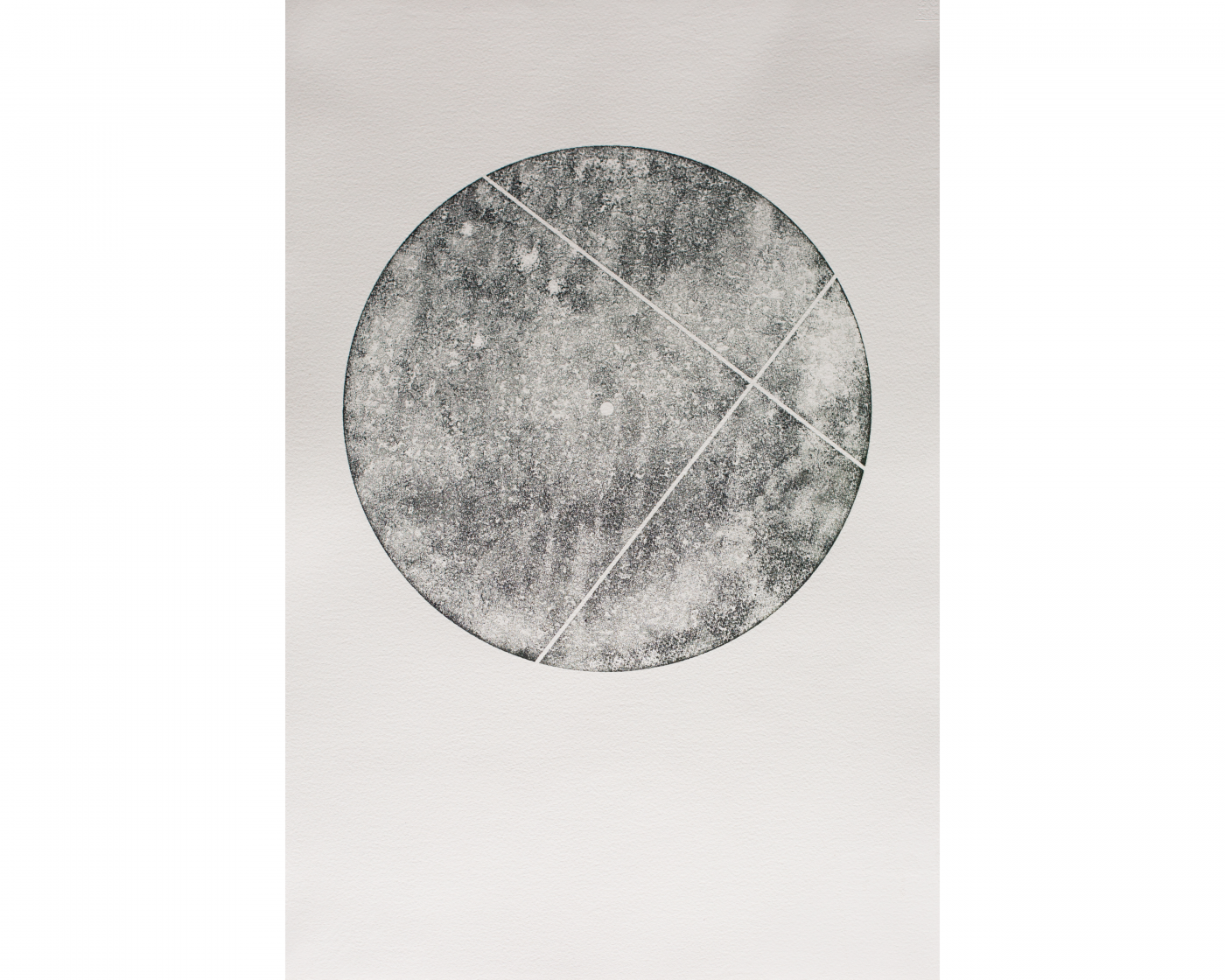
Material Conversations: Disc 20, 2022
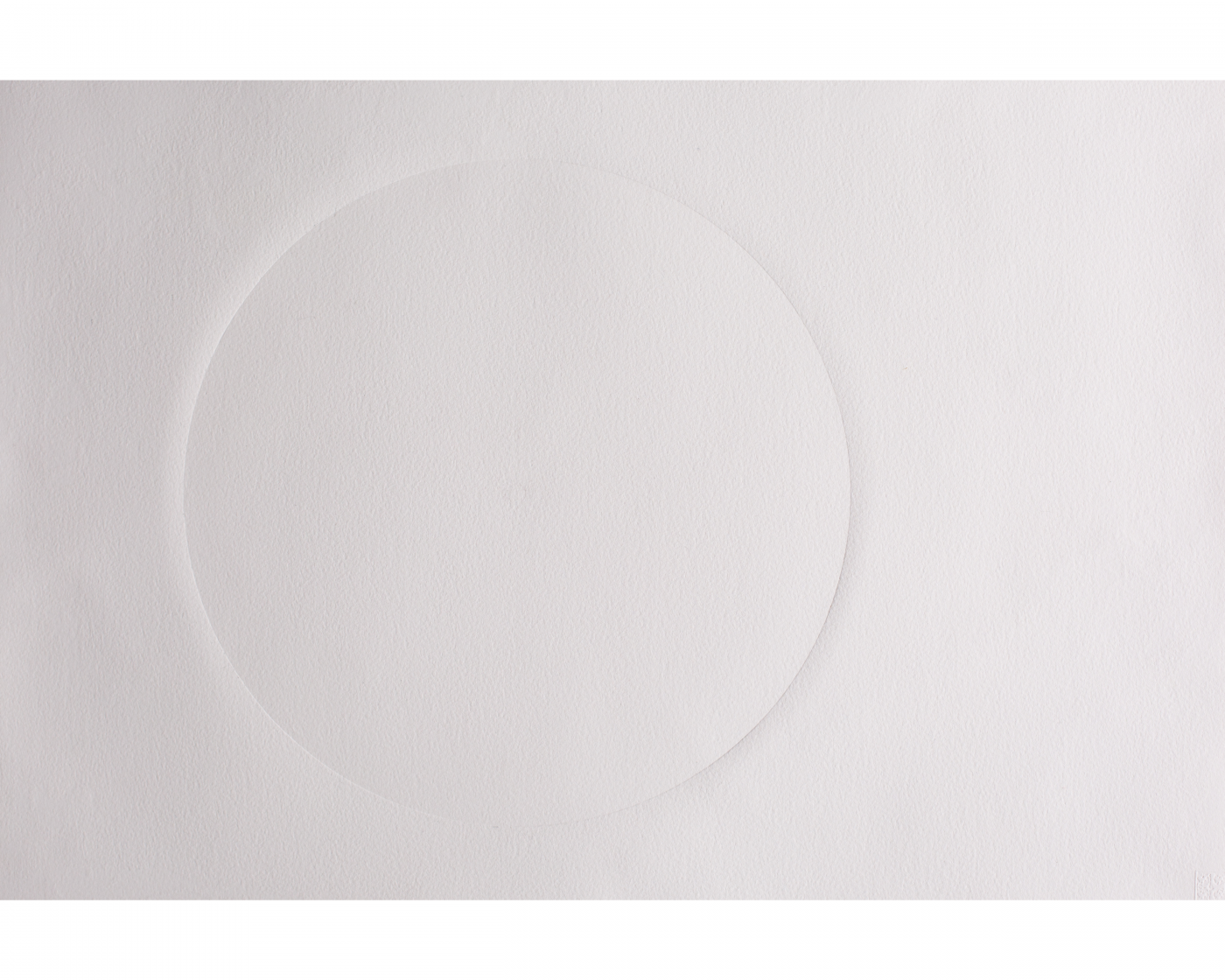
Material Conversations: Disc 27, 2022
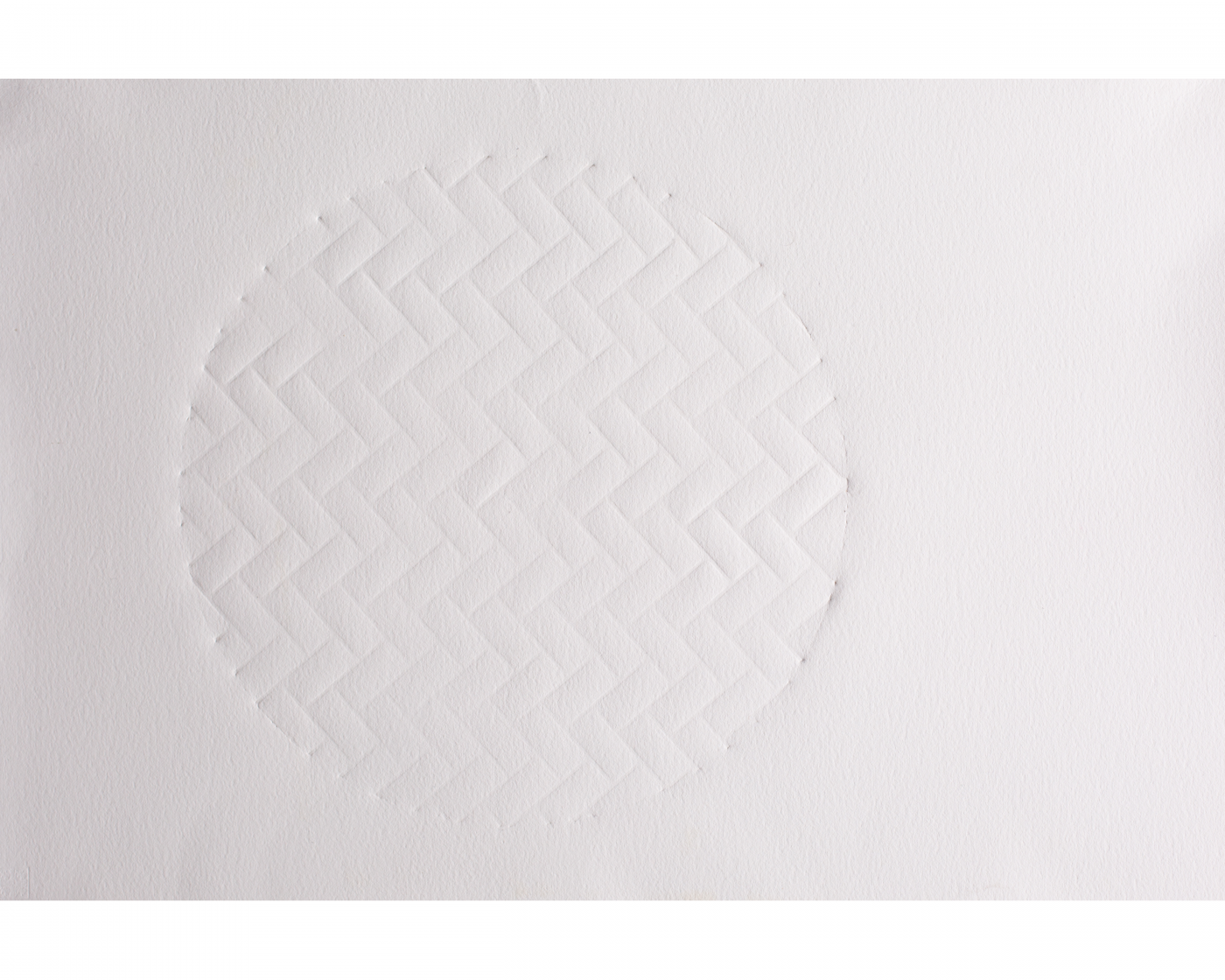
Material Conversations: Disc 28, 2022
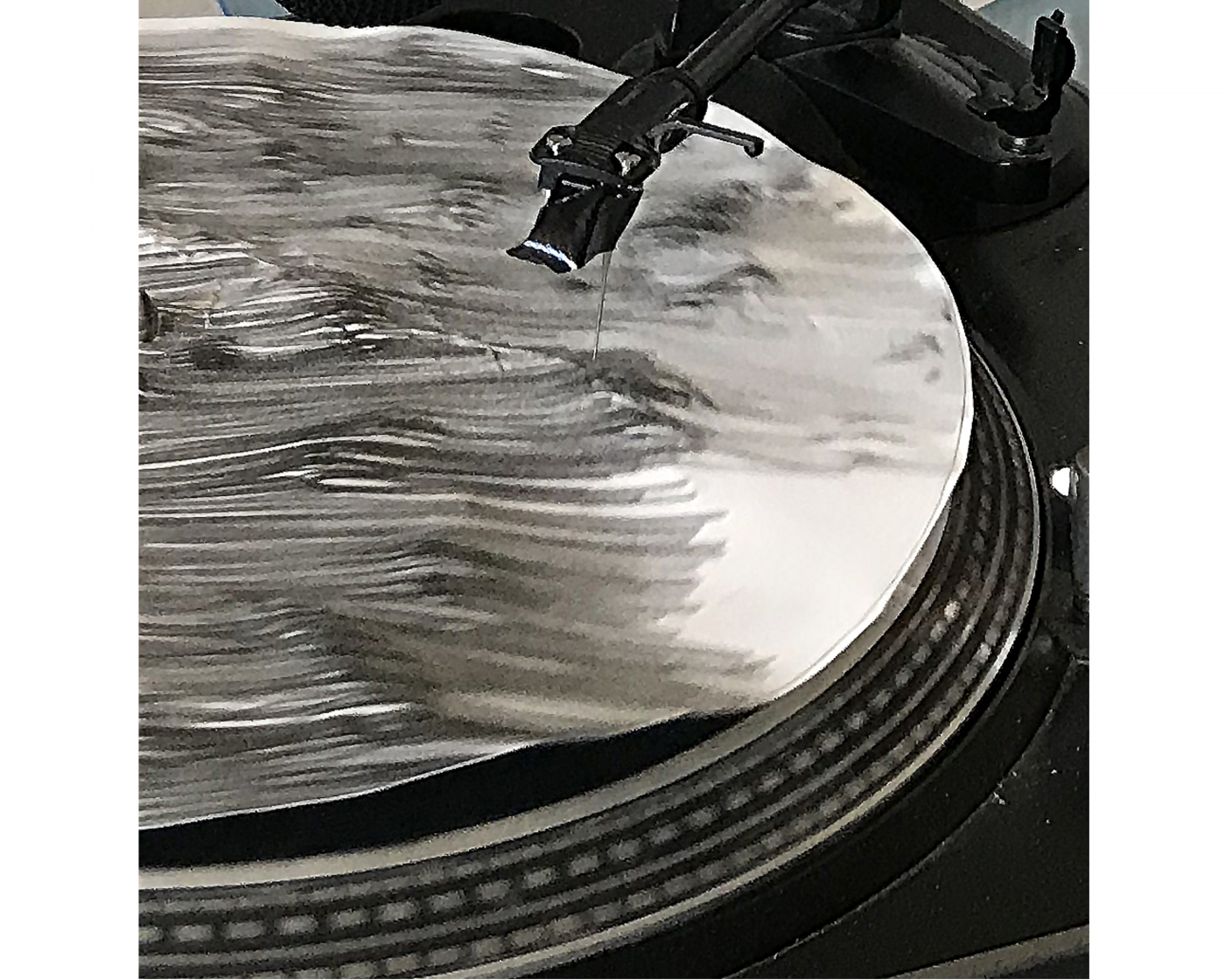
Material Conversations: Caroline Wright Turntable, 2022
About the artists
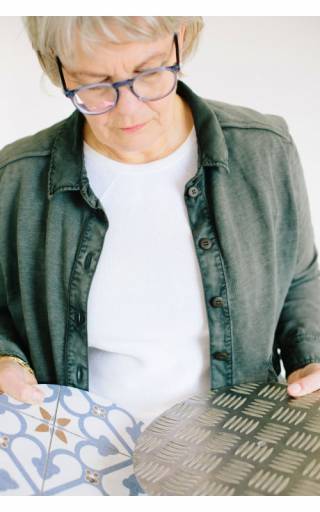
(image credit: Nick Ilott)
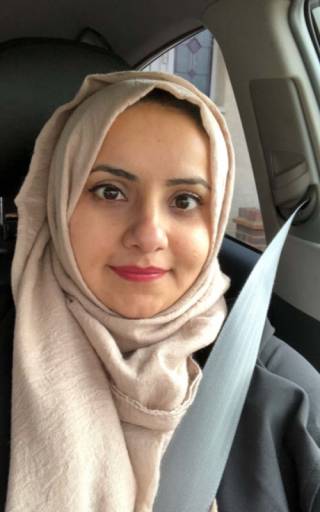
Tim Adlam is an engineer and clinical scientist in assistive technology and disability based at the UCL Global Disability Innovation Hub. He has worked with disabled people to design and develop assistive technology. Tim is the father of a disabled child, a woodwind musician and an educator, teaching disabled and non-disabled students how to solve problems.
Youngjun Cho is computational physiologist and computer scientist at UCL’s Global Disability Innovation Hub. In his work, he explores and builds novel technologies for the next generation of AI powered physiological computing that helps boost disability technology.
Ben Oldfrey is a researcher in digital making, sensing and materials based at UCL Global Disability Innovation Hub and the UCL Institute of Making. His research is on the interaction between technology and the user, in particular focusing on skin and how we can emulate its sensory functions and materials properties.
 Close
Close

